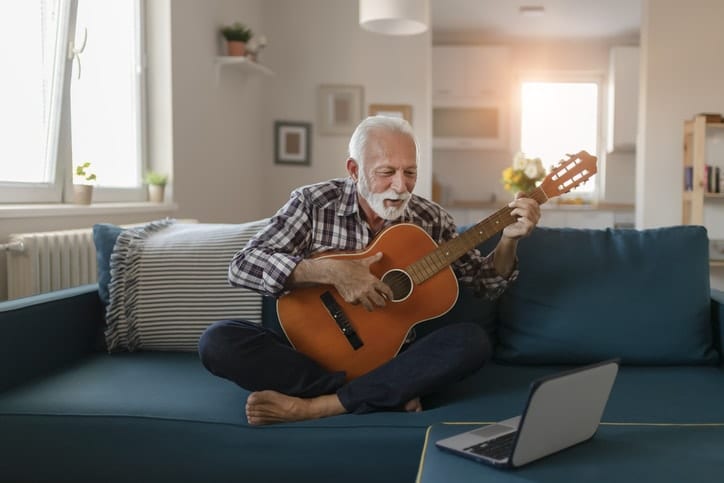With many states under strict “stay at home” orders and the entire country practicing strict social distancing, COVID-19 has caused the perfect recipe for isolation. We are being told to avoid crowds, cancel all nonessential travel and stay home as much as possible to help decrease the spread of the virus. Although this is necessary to help save lives, isolation can lead to loneliness, which can potentially impact our mental and physical health.
We, as humans, are social creatures. We thrive on physical touch, conversations with friends, interactions with strangers, meetings with coworkers and gatherings with loved ones. This pandemic has such a significant mental health toll because it goes against the primal human social instinct to seek comfort in a larger group. Research has shown that loneliness can lead to increased stress levels in our body, which can result in inflammation, heart disease, diabetes and joint disease.
Isolation is also tightly linked to depression, anxiety and suicide. On the one hand, isolation can cause depression, and on the other hand, depression and anxiety can lead to social isolation and loneliness. Therefore any form of isolation can be devastating to our mood because we are left stuck with our thoughts.
This is not the first pandemic that has lead to a surge in mental health disorders. A 2004 study of 129 Toronto residents who were quarantined during the SARS epidemic of 2003 found that post-traumatic stress disorder and depression were observed in 28.9% and 31.2%of respondents, respectively.
Staying connected from a safe distance
Due to the high infection rate, we need to distance ourselves from others to stay safe; however, social distancing does not have to mean isolation. We can still stay connected to our family, friends, community and coworkers while practicing physical distance. One of the positive aspects of living through a modern-day pandemic is having advanced technology that allows us to communicate with others daily. We can text, email, call and video chat with virtually anyone around the world. Many of us have the option to work remotely from the comfort of our living rooms; we can spend time engaging with others on social media; and we can enter into group chats to attend virtual book clubs, birthday parties and game nights. Technology is truly amazing as it gives us the ability to stay connected to others during this time of social distancing.
Staying connected in recovery
Although the world may seem like it is on pause, many are still battling a substance use or mental health disorder and rely on recovery support systems during this time. This stressful time can potentially trigger negative thought patterns or relapses—you must stay connected in your recovery process. Take advantage of online mental health and substance abuse resources:
- Ask your therapist to continue your sessions virtually, as also known as telehealth
- Engage in mental health social media groups
- Join a virtual community support group
- Attend an online Alcoholics Anonymous or Narcotics Anonymous meeting
- Video chat with your sponsor or alumni coordinator
Staying connected with your community
You can still have conversations with your neighbors, offer to run errands for your friends and engage with others at a safe distance. There have been many videos on social media of neighbors writing notes on each other’s doors and having conversations from their balconies as a way to stay connected. Many small businesses are keeping their doors open for takeout and delivery, allowing you to pick up food and safely engage with the business owners. Simple waves, words of encouragement and polite greetings can give you a sense of connection and help curb feelings of isolation.
Another way to connect with your community is to consider fostering a dog or cat from a local shelter. Many shelters have closed during this time, which puts a lot of animals at risk of being euthanized. Dogs and cats can help combat loneliness, and some pets have been linked with owners’ physical and mental longevity. The World Health Organization (WHO) has also determined that dogs cannot get coronavirus.
How can we help?
We offer mental health and addiction treatment services for you and your loved ones. Our goal is to provide individualized treatment in a safe and secure environment so that you can live a happier, healthier, and prosperous future. If you find yourself struggling with your mental health or are practicing unsafe coping mechanisms, please call us at (844-803-0813). We are here for you 24/7.
Kristen Fuller, M.D., is a clinical content writer and enjoys writing about evidence-based topics for the vital world of mental health and addiction medicine. She is a family medicine physician and author, who also teaches and contributes to medicine board education. Her passion lies within educating the public on preventable diseases, including mental health disorders and the stigma associated with them. She is also an outdoor activist and spends most of her free time empowering other women to get outside into the backcountry.
